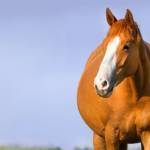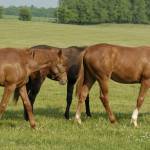Health
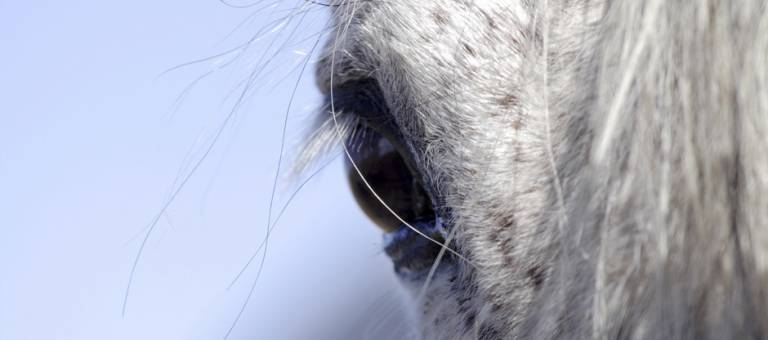
January 21, 2010
Eye Problems in Horses Diagnosed with HERDA
Owners of horses definitively diagnosed with HERDA should be especially mindful of eye injuries or vision irregularities, and they
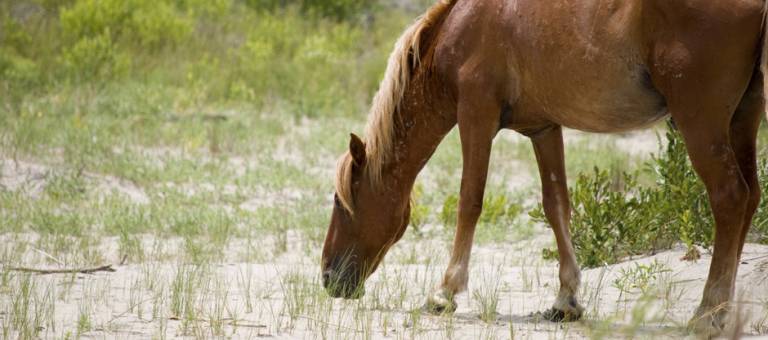
January 21, 2010
Equine Laminitis Pain Scale Used by Veterinarians
The Obel scale classifies lameness from I to IV, with I indicating mild soreness and IV designating extreme pain
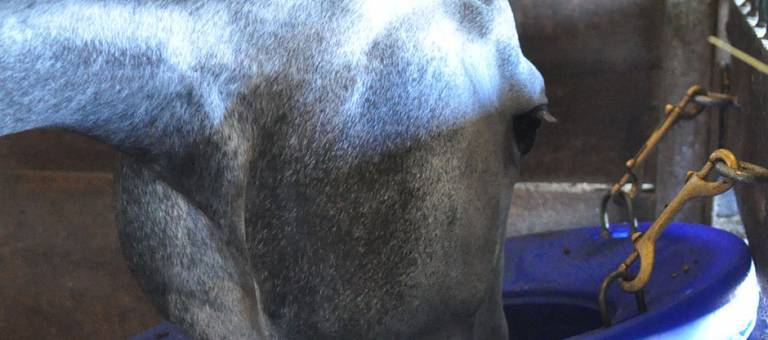
January 21, 2010
Researchers Get a Close-Up of the Equine Small Intestine
Endoscopic examination of the stomach, sometimes referred to as gastroscopy, removed all guesswork from gastric ulcer diagnosis. Japanese researchers

January 21, 2010
Perception of Vitamin E and Selenium on Equine Muscle Problems
Selenium is important for its role in maintaining muscle health and promoting immunity.
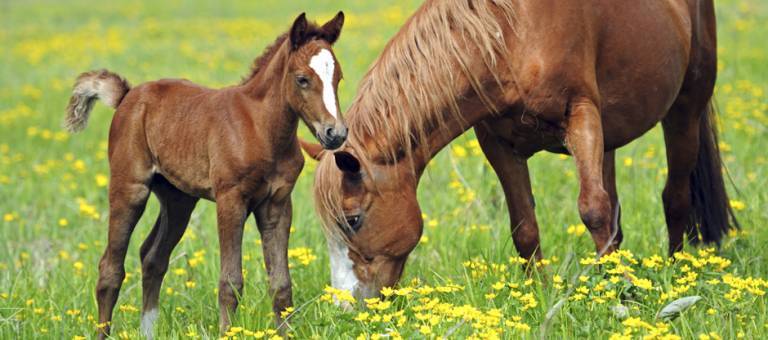
January 19, 2010
Plasma Transfusions Generally Safe for Horses
Researchers conducted the study to determine the frequency and type of reactions that follow transfusions with commercial equine plasma.
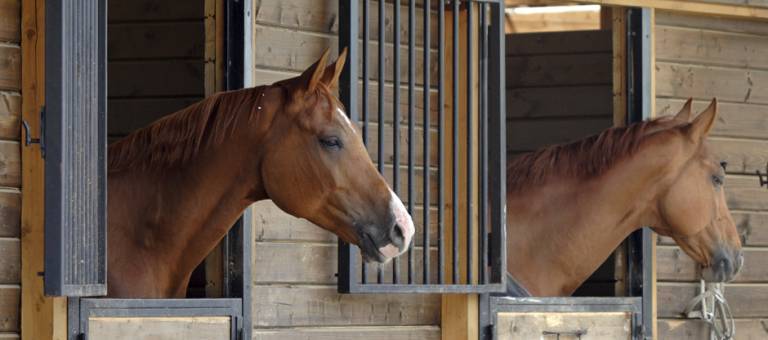
January 17, 2010
Managing Horses with Airway Disease
Horses with heaves have the same nutritional requirements as other equines, and simple changes in a feeding program can
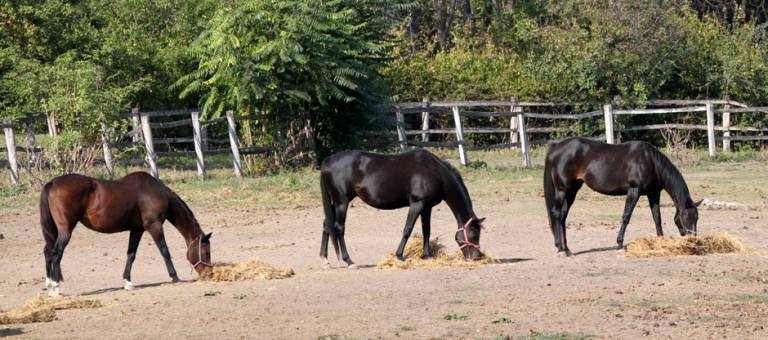
January 17, 2010
Botulism in Horses
Botulism is caused by toxins produced by the bacterium Clostridium botulinum. Three types of botulism are recognized in horses.
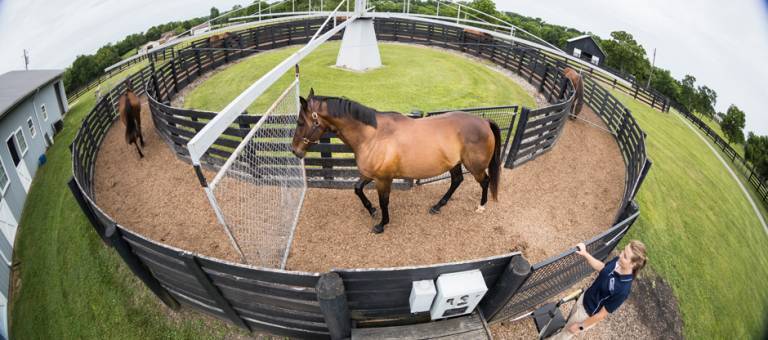
September 23, 2009
Working Hard or Hardly Working? Equine Work Intensity
Optimal nutrition of the performance horse hinges foremost on the exercise it performs.
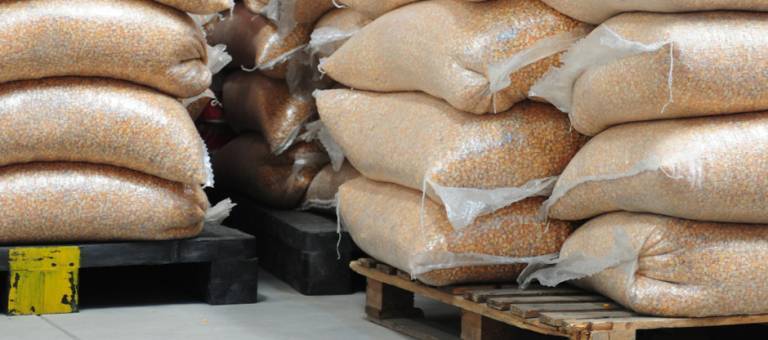
October 27, 2008
Feeding Horses: Just the Basics
Everybody knows horses need forage and grain…but how much? How often? What kind? What else? The answers may be
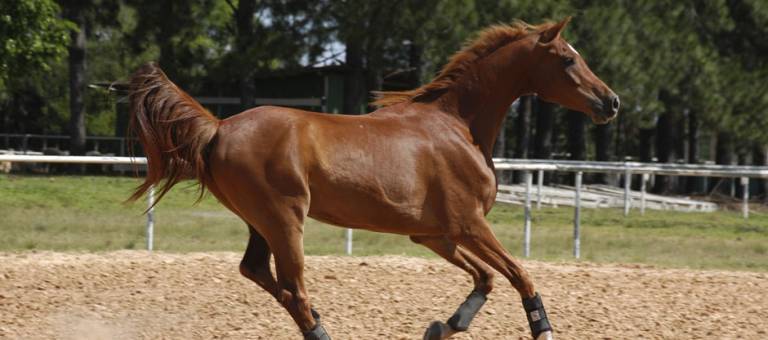
October 25, 2008
Body Condition of Sport Horses
The scientists at Kentucky Equine Research teamed up with Olivia Martin of Performance Feeding to quantify the body condition of




